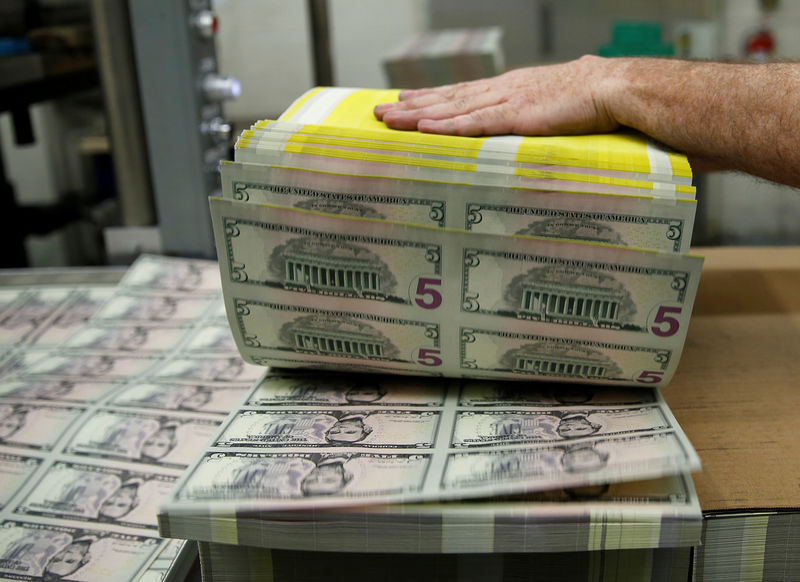
Investing.com-- Most Asian currencies rose on Thursday, taking some relief from weakness in the dollar and Treasury yields as focus remained largely on more cues on U.S. monetary policy from the Jackson Hole Symposium.
Weak purchasing managers’ index data saw the dollar fall from an over two-month peak in overnight trade, while Treasury yields also retreated from multi-decade highs.
This offered some relief to Asian currencies, which were otherwise battered by a sharp rise in the dollar and yields over the past three weeks.
The beleaguered Japanese yen was among the main benefactors of this trade, breaking below the 145 level for the first time in nearly 10 days. The currency also recovered from a near 10-month low.
|
Are you a Tax Lawyer in USA? |
The rate-sensitive South Korean won rose 0.4% as the Bank of Korea kept interest rates steady for a fourth straight month, while the Indian rupee rose sharply from near record-low levels.
The Australian dollar rose 0.2% from near nine-month lows.
Dollar, yields retreat as U.S. PMIs disappoint
The dollar index and dollar index futures fell slightly in Asian trade, and were nursing overnight losses as PMI data showed that U.S. business activity barely grew in August.
The readings spurred some bets that cooling economic activity will give the Federal Reserve less headroom to keep interest rates high. Treasury yields also fell on this notion, with the 10-year rate retreating from an over 20-year high.
Focus is now squarely on an address by Fed Chair Jerome Powell at the Jackson Hole Symposium on Friday. Analysts have warned that Powell could still present a hawkish outlook on interest rates, given that inflation remains sticky and the labor market strong.
While markets are uncertain over whether U.S. interest rates will rise further, general consensus is that rates will remain higher for longer, with a cut expected only by mid-2024.
The prospect of higher U.S. rates bodes poorly for Asian currencies, as the gap between risky and low-risk yields narrows. This notion had battered regional currencies over the past year, with little relief in sight.
Concerns over an economic slowdown in China also persisted, as the government offered scant cues on its planned stimulus measures. But supportive measures by the People’s Bank of China (PBOC) helped stem losses in the yuan.
Chinese yuan steadies amid continued PBOC support
The yuan rose slightly on Thursday, benefiting from another substantially stronger daily midpoint fixing by the PBOC. The central bank has signaled increased discomfort with weakness in the yuan, and has carried out several supportive measures for the currency.
Chinese state-owned banks were also seen intervening in currency markets this month to prop up the yuan, which is facing increased pressure from worsening sentiment towards China.
The yuan was still trading close to nine-month lows, with focus remaining largely on any more stimulus measures from Beijing.